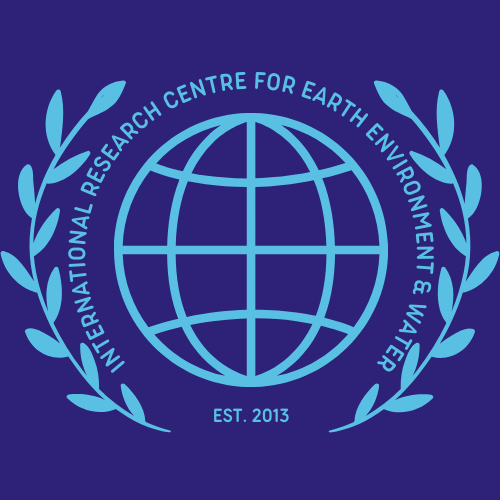Climate change will adversely affect Pakistan’s Economy
Climate change is a global phenomenon that threatens the well-being of people and ecosystems, and human activities cause it. As a result, we are seeing more extreme weather events, rising sea levels, and changing disease patterns, among other impacts.
Climate change will adversely affect Pakistan’s economy, water resources, and agriculture. It will also exacerbate poverty for the poor classes of our society who do not have access to resources and information about climate change.
The effects of climate change include:
Rising sea level: The sea level rise will affect coastal areas of Sindh province, where most of the population lives and produces food items like rice, wheat, etc.
Water shortage: Water shortage because of climate change can lead to droughts in many parts of Pakistan. This will cause a severe food security problem, especially in rural areas where most people depend on rainfed agriculture for their livelihoods. Drought also reduces crop yields which may lead to higher food prices across the country.
Floods: Climate change is a global phenomenon that has affected our living habits and environment. It has caused droughts, floods and other natural disasters. Flooding is another critical issue faced by people living in flood-prone areas such as coastal areas or urban areas like Karachi and Lahore; flooding causes severe damage to infrastructure such as roads and bridges, further affecting economic activity in these areas, which again leads to financial loss.
Climate change and agriculture
Agriculture is one of the most critical sectors contributing to Pakistan’s economy, primarily because of its significant contribution to GDP and employment opportunities. However, climate change has adverse effects on agriculture as well. For example, it can increase temperatures, adversely affecting crop production (e.g., rice). Similarly, depending on their location, extreme weather events such as floods or droughts can also have severe consequences for farmers.
Climate change and water
Water is one of the most important factors of life on earth. Water is a precious resource for human survival; without it, we would not be able to live for over three days. Climate change affects water in two ways: an increase in temperature and a decrease in rainfall. Increased temperature leads to increased ocean evaporation, which increases the rate at which water evaporates from land into the atmosphere, thus worsening drought conditions in areas with no rainfall, like Pakistan. A decrease in rainfall leads to decreased water storage, causing droughts which can lead to crop failure or even starvation if food reserves are unavailable or destroyed because of natural disasters such as floods or earthquakes.
The current situation
Climate change is a global issue, but it will impact the lives of Pakistanis in many ways. It is not just about the melting glaciers and rising sea levels. Climate change will affect our food security, water resources, health care, public health and education system. The future of Pakistan is at stake, and we need to prepare for this challenge as early as possible. Our government has taken steps towards climate change mitigation. The National Adaptation Programme of Action (NAPA) was approved in 2015, and its implementation started in 2017 with a budget allocation of Rs 1 billion per year for five years (2017-2022). However, many challenges still need to be addressed: Climate change mitigation requires a long-term vision and commitment from all stakeholders because it requires changes in lifestyle and development models that cannot be achieved overnight. Every citizen of Pakistan needs time, effort, money and commitment.


